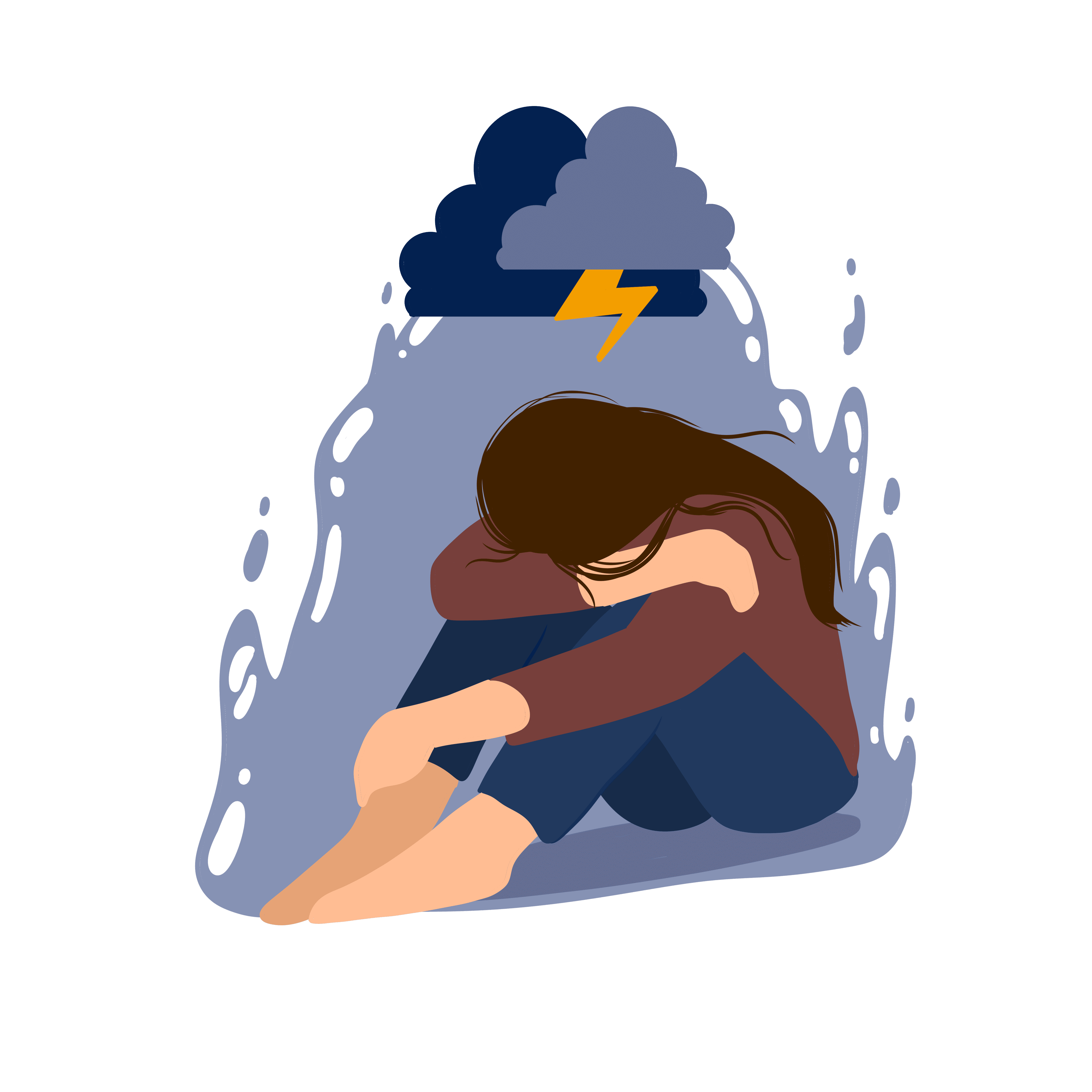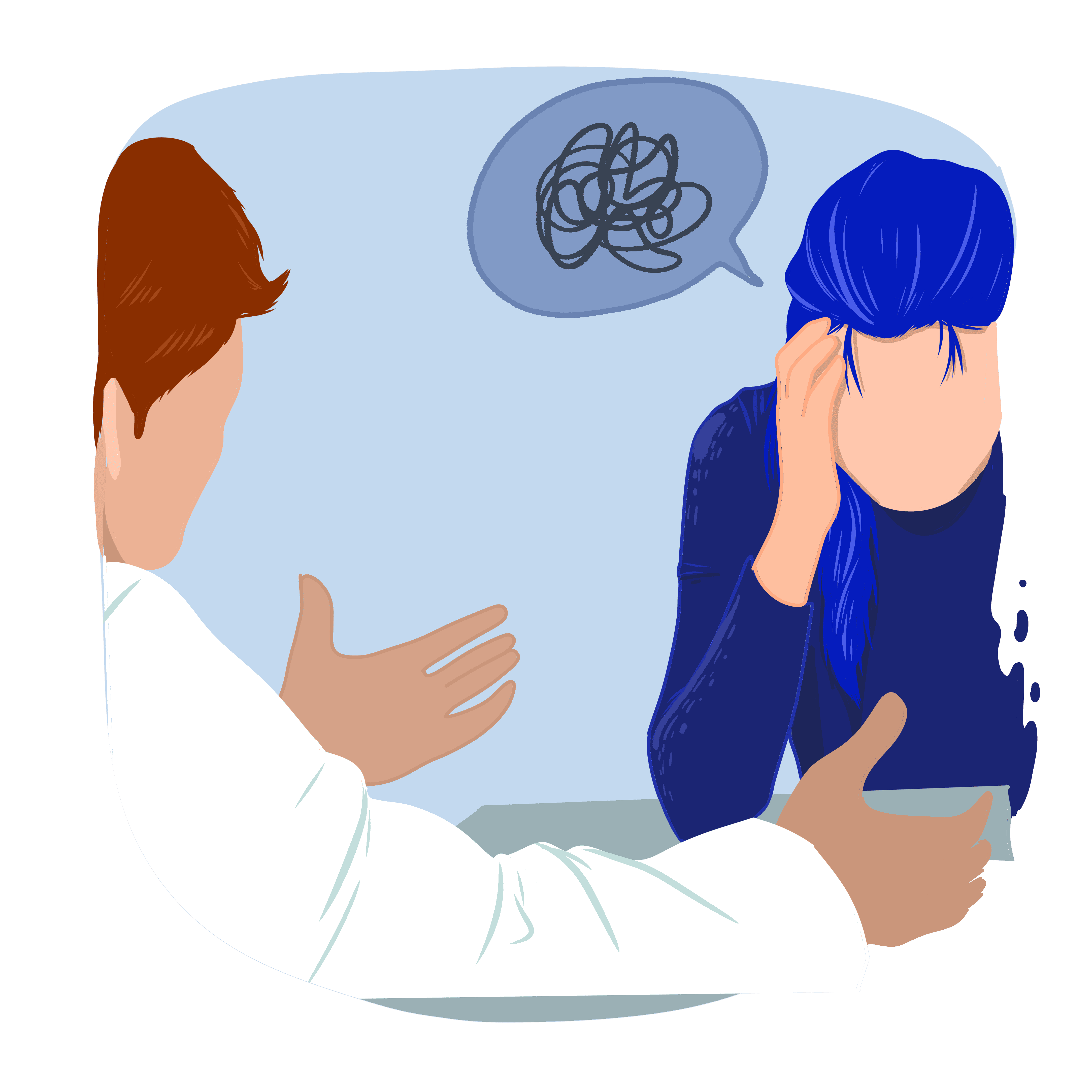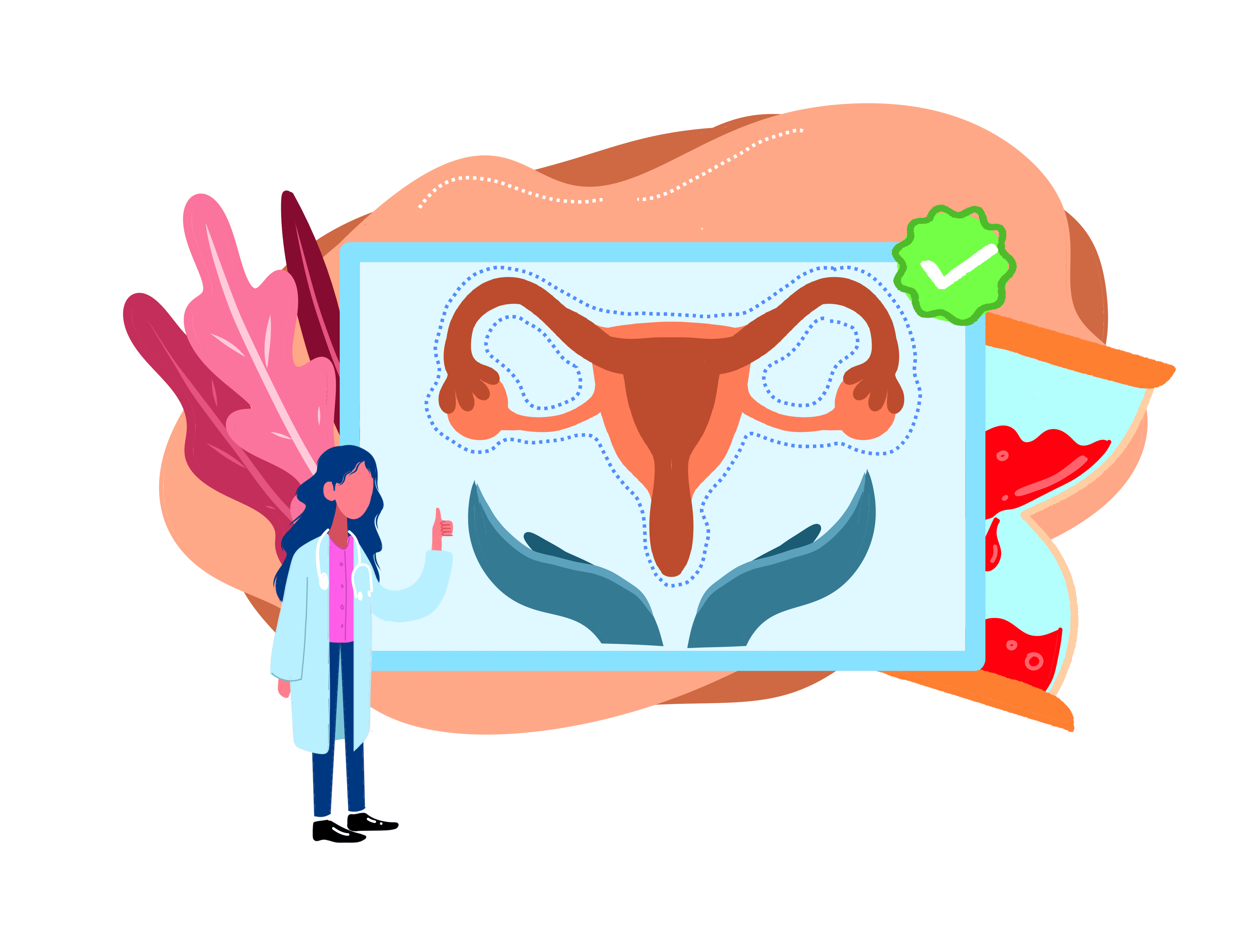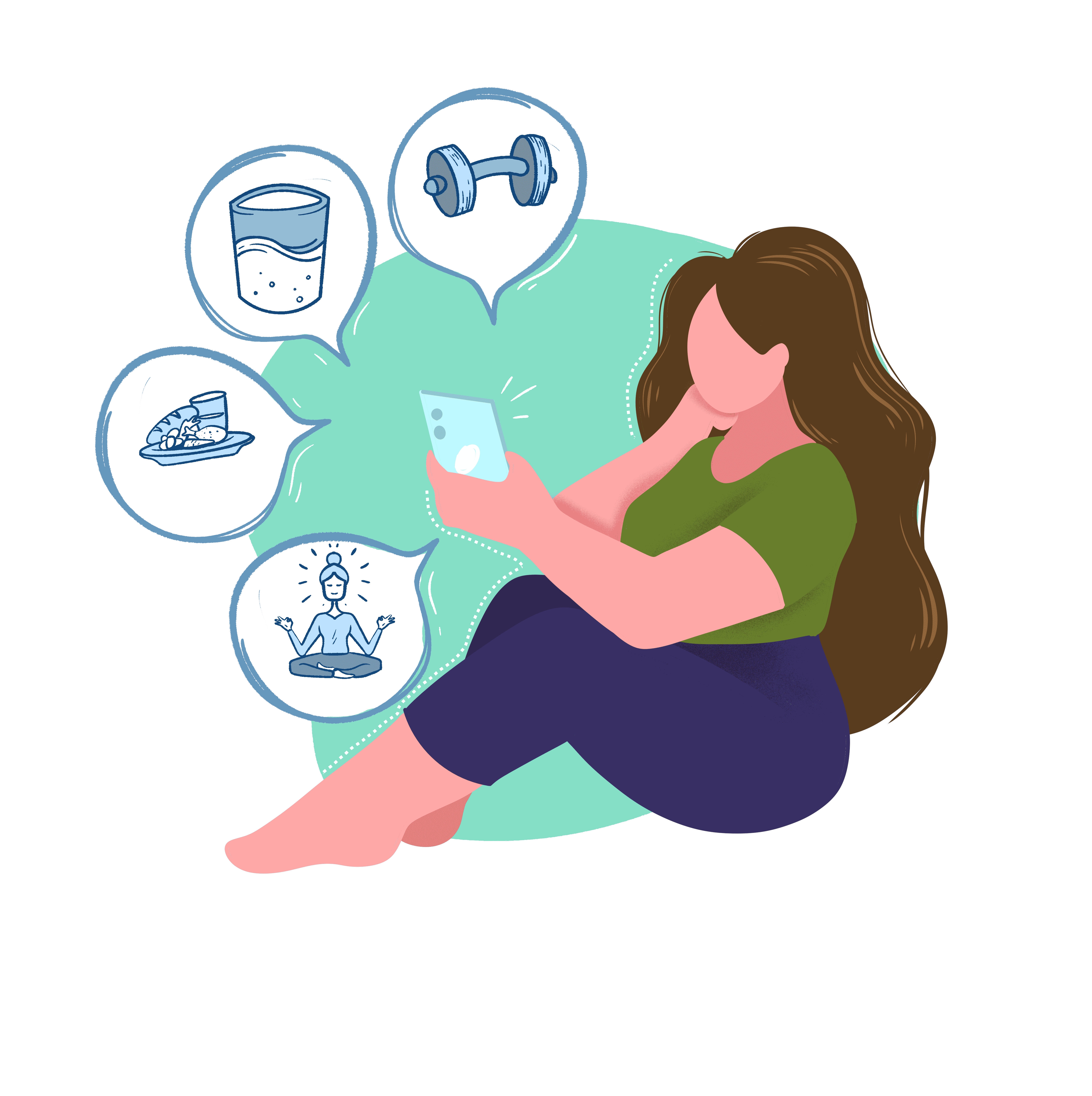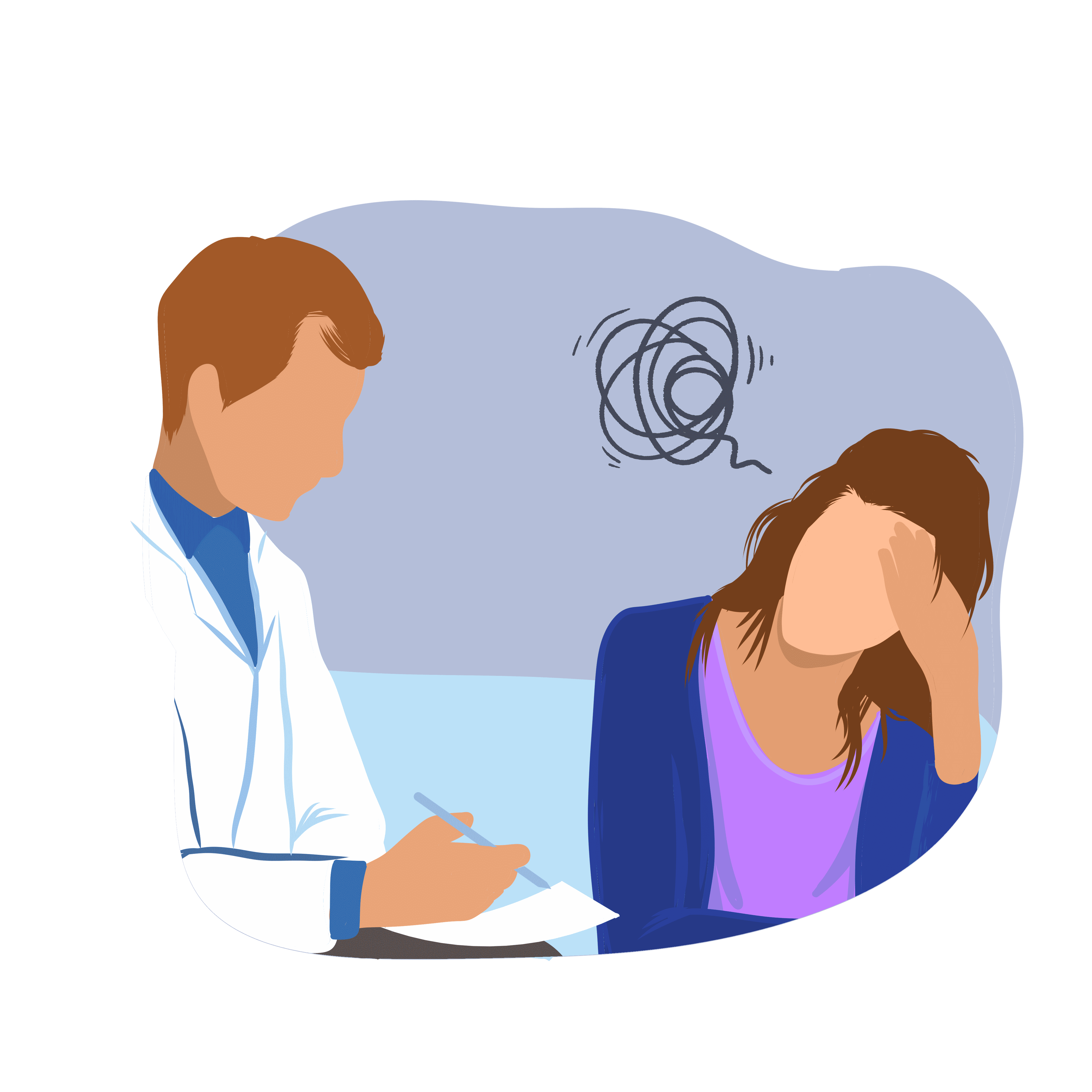Menopausal depression is one of the most prevalent psychological problems women are facing during this transitional stage. It is mainly caused by the oestrogen decline whose main function is to regulate and stabilise mood. Although hormonal fluctuation is assumed to be the main cause, factors like ageing and health concerns that play a major role in an individuals mental health must also be considered.
There are several options for treating depression during menopause but the most popular one is HRT as it also alleviates several other menopause-related symptoms but consult your doctor first to make a preliminary assessment if you are okay to take it. If you’re one of the women who’s experiencing this symptom, read on to learn more about menopausal depression.
Is Depression a Menopause-Related Symptom?
Depression is a menopausal symptom, however it is not an unavoidable aspect of the menopausal transition for all women. Hormonal changes, especially the fluctuations and eventual reduction in oestrogen levels, are principally responsible for the increase in mood disorders associated with menopause. Oestrogen is essential for mood regulation and emotional well-being.
Based on the study conducted by the Griffith University, menopausal related depression is more likely in those who have experienced serious depression in the past and vasomotor symptoms (hot flashes and night sweats). Depression and anxiety are widespread during and after menopause. Moreover, psychosocial variables may raise the chance of depression at menopause. Menopause increases susceptibility to anxiety and depression, possibly due to changes in oestrogen levels that impact neurotransmitters and serotonin.
It’s also important to remember that these effects can be worsened by common life stressors experienced by women going through menopause, such as shifting family relationships or personal health issues. Menopausal depression has multiple reasons, including hormonal changes, physical symptoms, and psychosocial variables. These causes will be discussed in more detail in the section that follows, which focuses on menopause-related depression.
